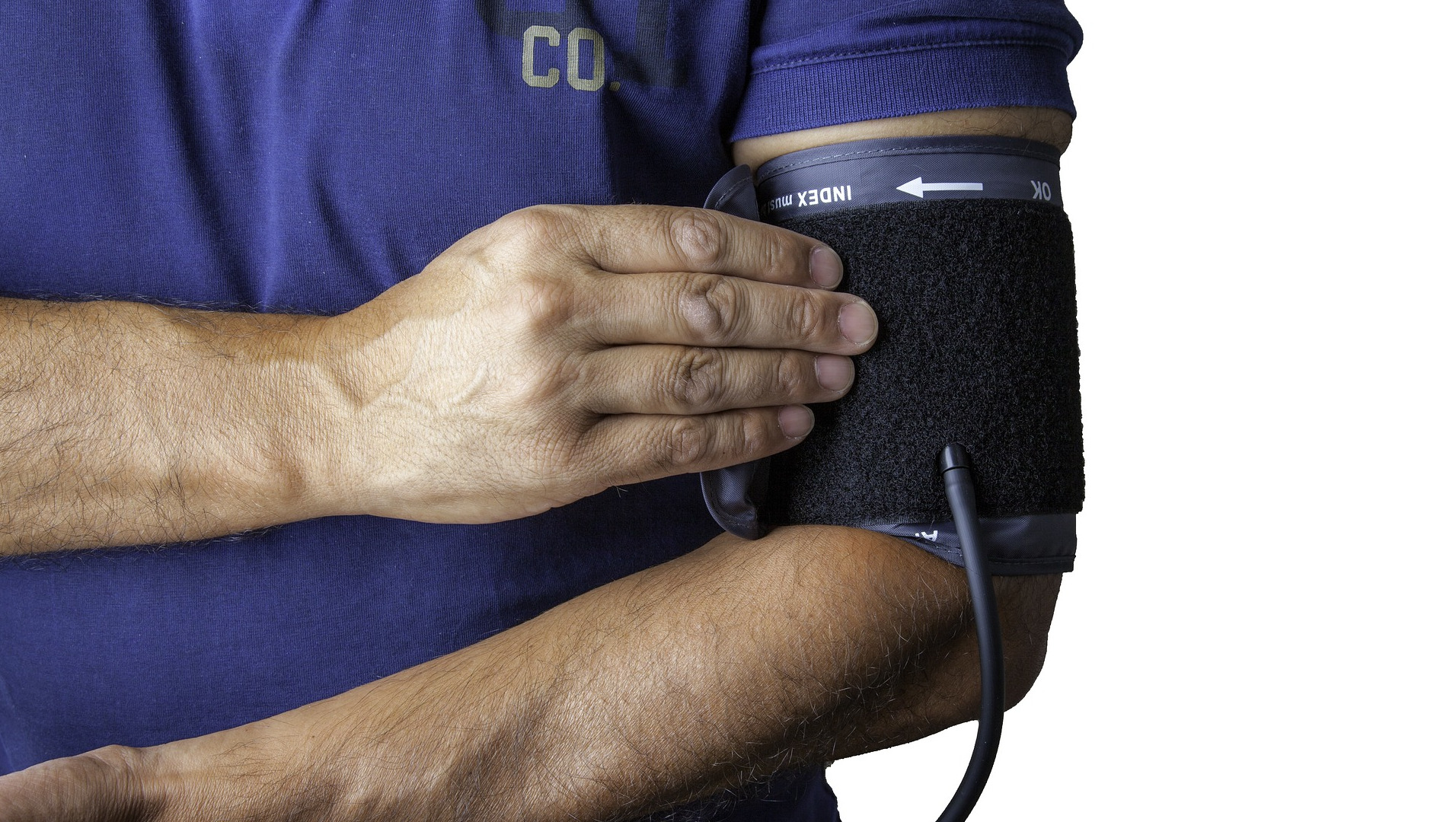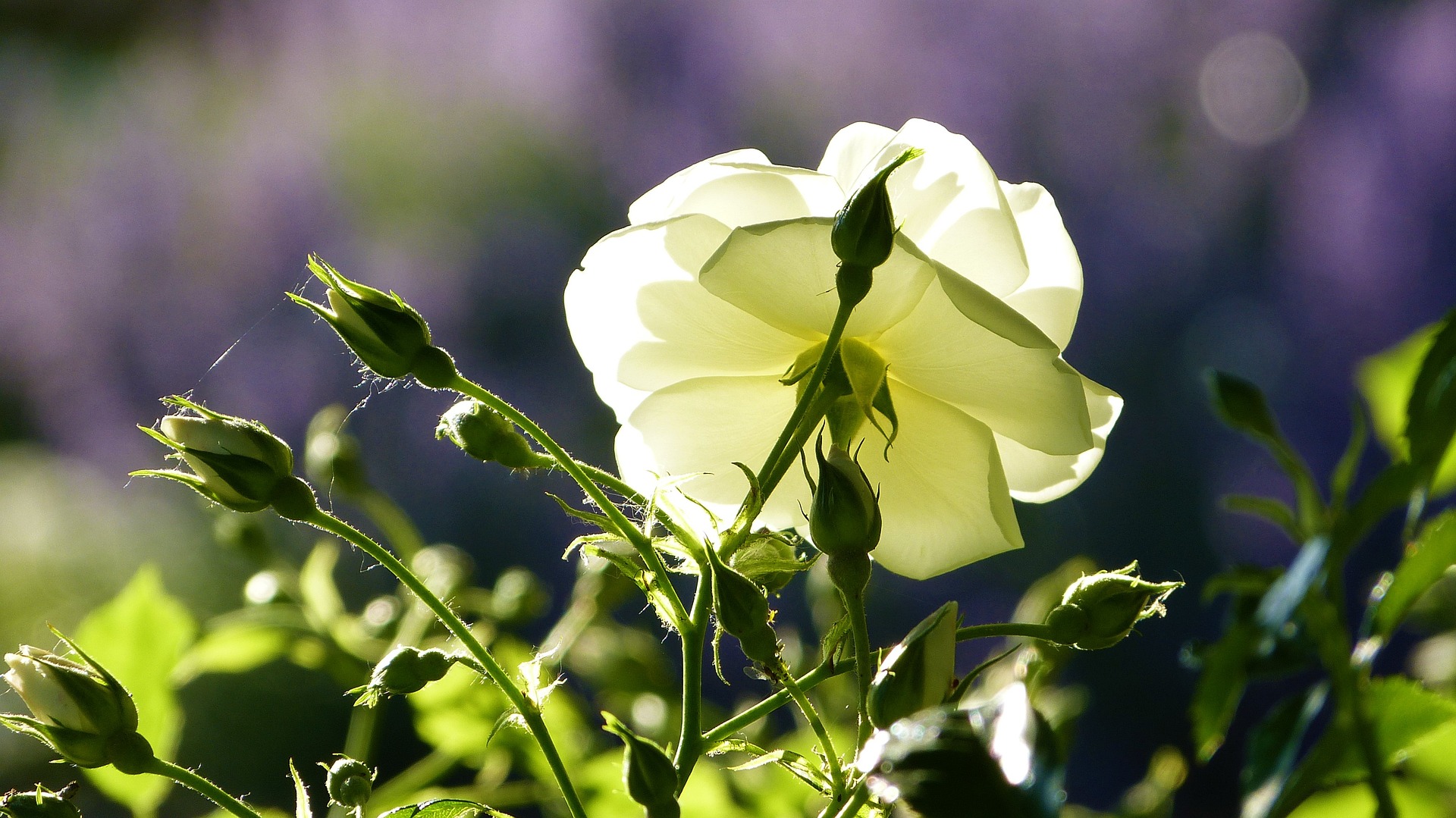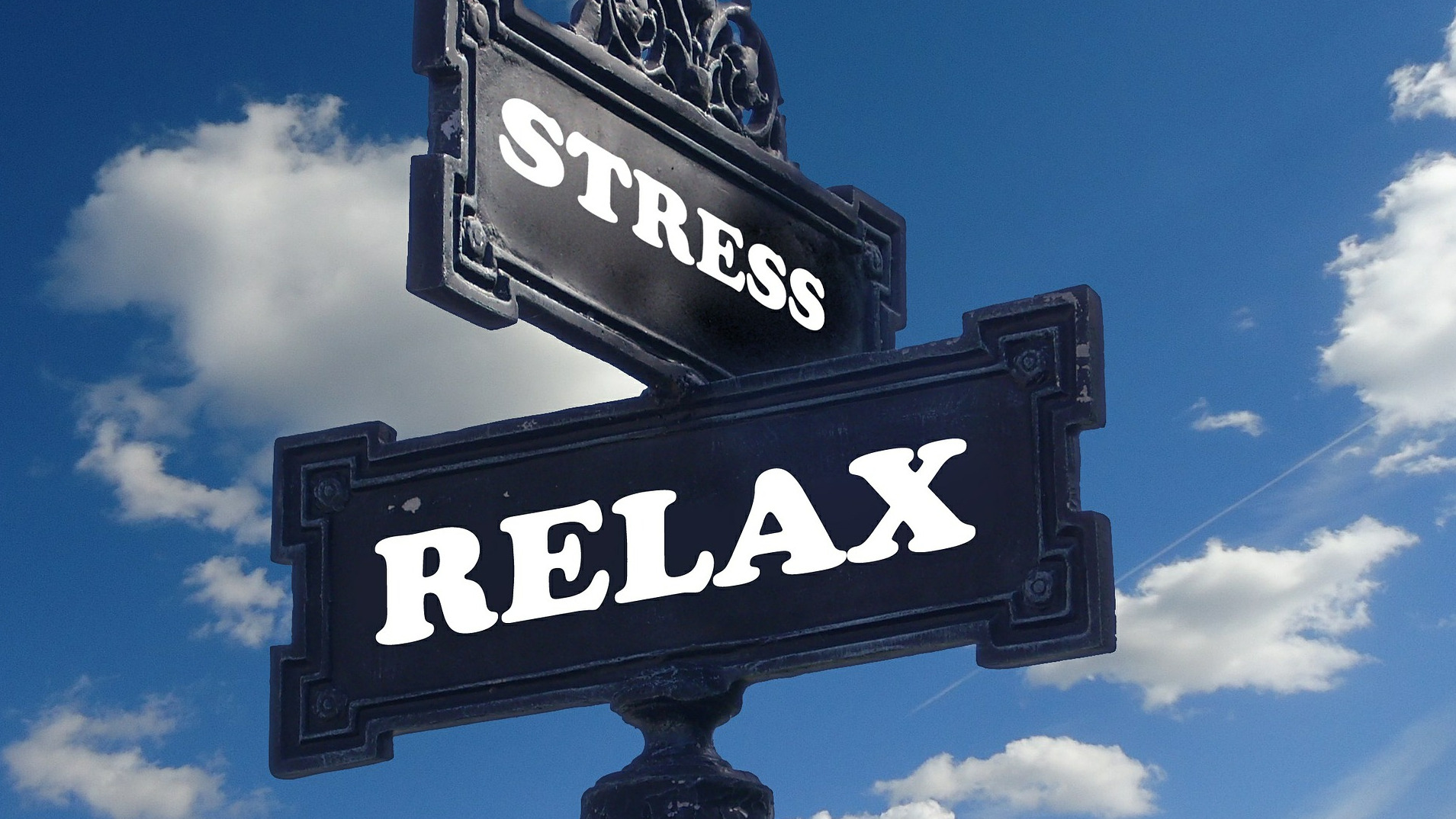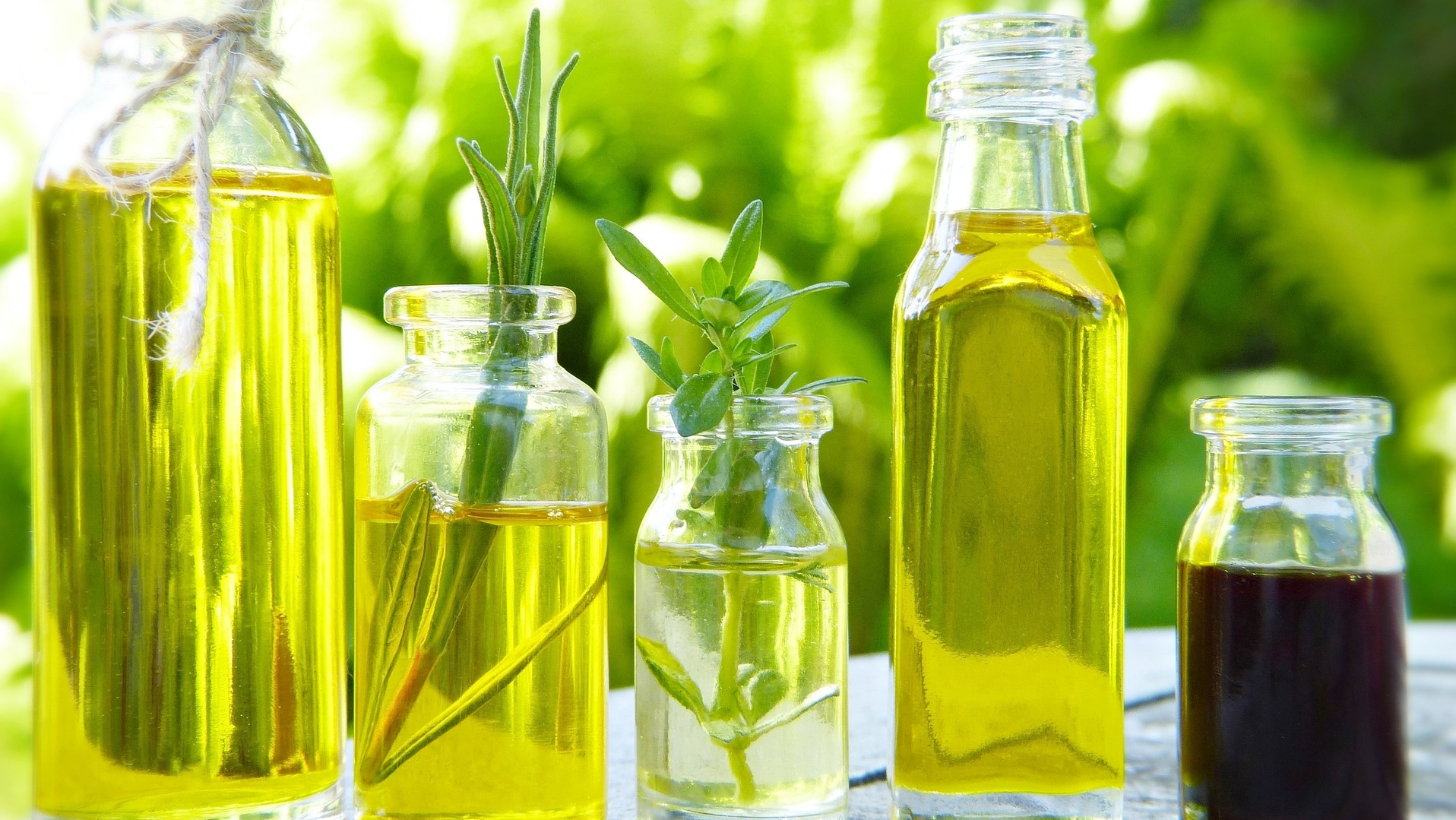Essential Oils for High Blood Pressure
High blood pressure, or hypertension, is a common yet serious condition that increases the strain on your heart and arteries. Over time, uncontrolled high blood pressure can lead to serious health complications such as heart attack, stroke, and kidney disease. While lifestyle changes and medication are often necessary, aromatherapy and essential oils can provide a complementary approach to managing high blood pressure.
Certain essential oils possess calming, relaxing, and stress-reducing properties that may help lower blood pressure naturally. Their aromatic compounds interact with the brain to promote relaxation and reduce stress—a major contributor to hypertension.
How Essential Oils Help with High Blood Pressure
Essential oils work primarily by calming the nervous system and reducing stress. They can be used in aromatherapy, massage, or baths to promote relaxation and potentially lower blood pressure. While they are not a replacement for medical treatment, they can be a valuable tool in a holistic wellness plan.
Popular essential oils for high blood pressure include:
- Clary Sage: Known for its calming and hormone-balancing effects.
- Lavender: A versatile oil that reduces stress and promotes deep relaxation.
- Ylang-ylang: Helps reduce stress-induced hypertension and improves mood.
- Marjoram: Supports relaxation and soothes the nervous system.
- Neroli: Reduces anxiety and promotes emotional balance.
- Melissa (Lemon Balm): A calming oil that supports a healthy stress response.
- Valerian: A deeply relaxing oil that helps calm the mind.
How to Use Essential Oils Safely for High Blood Pressure
Essential oils are highly concentrated and should always be used with caution:
- Dilute properly: Always mix essential oils with a carrier oil (e.g., almond, coconut, or jojoba oil) before applying them to your skin.
- Test for sensitivity: Perform a patch test before using any oil to check for allergic reactions.
- Avoid ingestion: Do not consume essential oils unless guided by a qualified healthcare provider.
Essential Oils to Avoid with High Blood Pressure
Not all essential oils are suitable for those with hypertension. Some oils can increase blood pressure and should be avoided:
- Hyssop: Contains pinocamphone, which can raise blood pressure.
- Rosemary: A stimulating oil that may elevate blood pressure.
- Sage: Contains thujone, a compound known to increase blood pressure.
- Thyme: Considered hypertensive and should be avoided.
Always consult a healthcare professional before starting any new essential oil regimen if you have concerns about their impact on your health.
Lifestyle Tips to Support Essential Oil Treatments
While essential oils can play a supportive role, maintaining a healthy lifestyle is crucial for managing high blood pressure. Here are some tips:
- Reduce salt intake: Excess sodium increases blood pressure. Choose fresh, whole foods over processed options.
- Exercise regularly: Activities like walking, yoga, or swimming can lower blood pressure.
- Manage stress: Incorporate practices like meditation, deep breathing, or journaling to reduce stress levels.
- Maintain a healthy weight: Losing even a small amount of weight can significantly affect blood pressure.
- Monitor blood pressure: Keep track of your readings at home and share them with your doctor.
When to Consult a Doctor
Essential oils are a complementary therapy and not a replacement for medical treatment. Consult a healthcare provider if:
- Your blood pressure remains consistently high despite lifestyle changes.
- You experience symptoms like chest pain, dizziness, or shortness of breath.
- You are unsure about potential interactions between essential oils and medications.
Essential Oil Recipes for High Blood Pressure
Essential oils offer a natural way to support relaxation and manage high blood pressure. From soothing massages to calming baths and on-the-go inhalation blends, these versatile oils can be valuable to your self-care routine. However, they work best as part of a comprehensive approach to heart health that includes proper diet, regular exercise, and stress management. Always consult a healthcare professional if you have concerns about your blood pressure or how to use essential oils safely.
Massage to Lower Blood Pressure
Massage is one of the most effective ways to use essential oils. A calming massage promotes relaxation, reduces muscle tension, and enhances the benefits of the oils.
Sole Massage Recipe
- 3 drops of lavender essential oil
- 3 drops of marjoram essential oil
- 3 drops of ylang-ylang essential oil
- 1 teaspoon carrier oil (e.g., almond, jojoba, or coconut oil)
Mix the oils and massage into the soles of your feet. Put on soft socks and elevate your feet for at least 20 minutes. This practice promotes relaxation and improves circulation.
Relaxing Bath Blends
A warm bath infused with essential oils is another excellent way to reduce stress and support healthy blood pressure.
Bath Blend 1
- 3 drops of ylang-ylang essential oil
- 2 drops of clary sage essential oil
- 1 drop of marjoram essential oil
Add the oils to a warm bath and soak for 20 minutes. The calming aromas and warm water help relax tense muscles and reduce stress.
Bath Blend 2
- 4 drops of lavender essential oil
- 4 drops of ylang-ylang essential oil
- 1 drop of melissa essential oil
- 1 drop of neroli essential oil
Add the oils to a full tub of warm water and enjoy the soothing soak.
Inhalation Recipe for On-the-Go Relaxation
Inhalation is a quick and convenient way to use essential oils, whether you're at work, driving, or relaxing at home.
Aromatherapy Blend for Diffusers or Cotton Balls
- 15 drops of clary sage essential oil
- 10 drops of lavender essential oil
- 6 drops of ylang-ylang essential oil
- 4 drops of marjoram essential oil
Combine the oils in a small glass container with a tight-fitting lid. Use this blend in a diffuser, add a few drops to cotton balls, or inhale directly from the container. Keep one at home, in the car, or at work for easy access.







